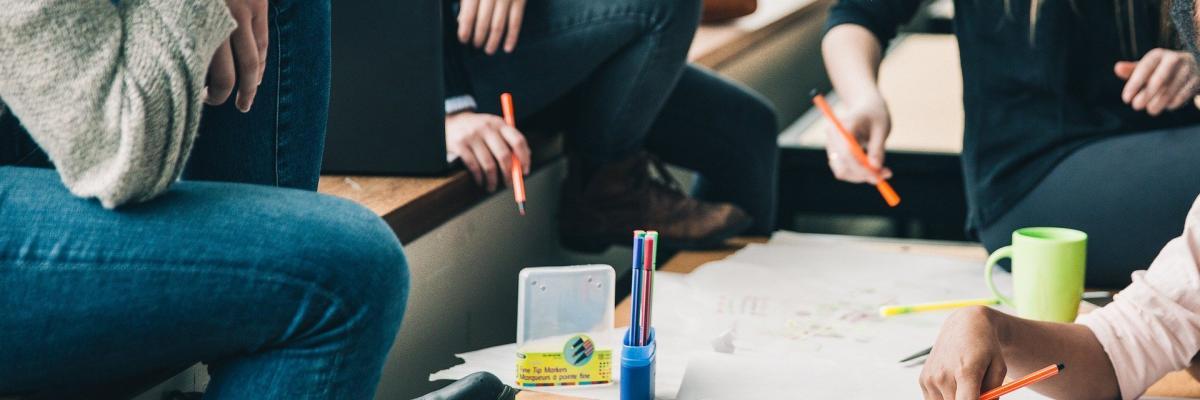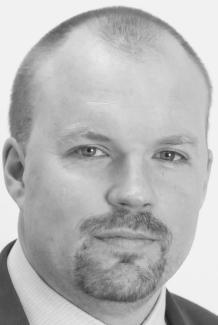Eoin Hurley and Chloe Marr, two Masters' students in social work at Edinburgh Napier University, tell us how the Coronavirus (Covid-19) outbreak has affected their social work education and the strategies they're using to cope.
Reflections from Eoin Hurley
I am a Masters in Social Work student at Edinburgh Napier University and I work within residential childcare. Since the inception of the course I have worked considerable hours in an employed capacity. Up until the Covid-19 outbreak, I was able to balance this workload with making time for my studies.
Since Covid-19 started to have an impact, I have found this balance much harder to achieve. Residential childcare services are extremely stretched in Edinburgh. The young person's centre were I work most of my shifts has all the permanent night staff self-isolating for 12 weeks. In the current climate I want to contribute, and also feel duty bound to do so as a healthy adult.
The week beginning 16 March I worked just over 60 hours. The week beginning 23 March I worked 48 hours. I have participated in every online class and used any spare time to work on my summative assessments, which are now due in early May. If I get the chance to do a bit of reading or writing when working a night or twilight shift, I take it. I’m currently writing this from a police station where I’m acting in the capacity of an appropriate adult, having been initially scheduled to finish at 2am.
I feel privileged to be able to do this work, particularly at this time. I also want to become a social worker and wish to achieve high marks academically. At home, I have a very supportive wife both in an emotional and practical sense and her work is currently closed. Spending what time I can with her and our puppy helps my sense of wellbeing, as does knowing that she is there whether I see her or not.
I am fortunate to have strong supportive relationships with people I can connect with through Zoom calls. I got a pair of dumbells through the door today and these will provide a good outlet for me. I practise mindfulness and Qi-gong, but sporadically, and would benefit from placing more emphasis on this.
Reflections from Chloe Marr
In terms of how the global pandemic has affected me as a second-year master’s student, it has left me with feelings of anxiety for my own learning and a sense of responsibility to act. In relation to my own academic learning, as a student who opted for a direct teaching course, this has certainly been a source of anxiety for how I learn and engage with my tutors, peers and the content of the modules. There is some comfort that both students and teaching staff are all trying to navigate through this together and are understanding of one another’s circumstances. Fortunately, the teaching team at my university have been very accommodating and encouraging. There is also the adjustment of working from home that anyone living with others will now understand; it can be tricky to negotiate. Especially when writing for my dissertation, I find that procrastination levels have peaked as there are distractions that a library environment would normally help mitigate.
From a practice learning perspective, many of us students already balance our studies with jobs in health and social care. Therefore, it is putting to the test many of the Standards in Social Work Education (SiSWE), particularly those referring to managing risk and adapting positively to change. However, with the increase in demand for support in social care services, there lies an overwhelming feeling of responsibility to give more of ourselves than we perhaps normally would. This for me has resulted in my studies suffering somewhat and was beginning to see me neglect my own wellbeing. However, on realising this and applying learning from the course so far – in which wellbeing has been a core focus – I have recognised this and applied a more thoughtful approach to how I manage this. This has been useful to reflect on early in practice considering the well-established issue of burn-out in this field. Therefore, in an attempt to draw positives from this situation, I suspect the experience of working in these difficult circumstances will be a useful talking point for interviews post-qualifying.



